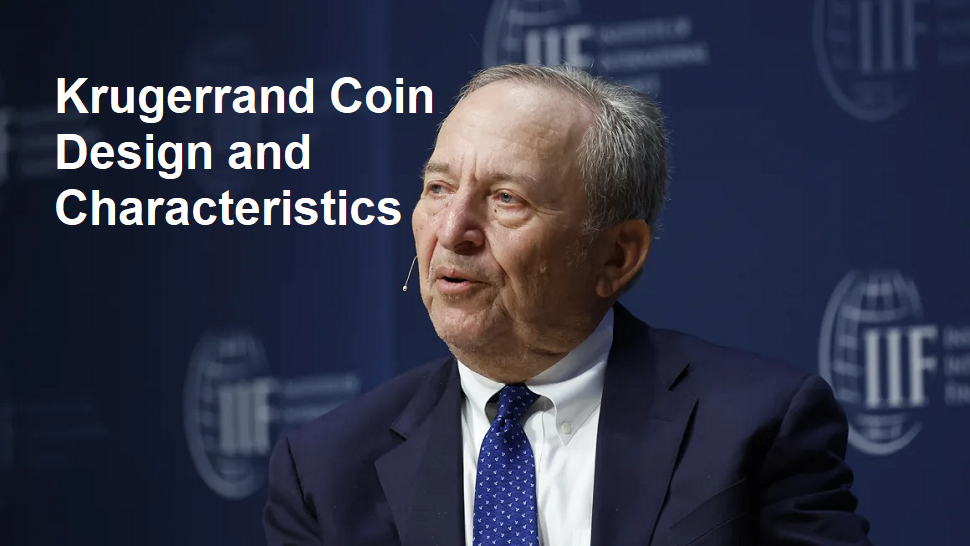Fiscal cliff is a term used to describe the situation that occurs when profound changes in fiscal policy automatically come into effect, which can significantly affect a country’s economy. The term is popular in the United States and first appeared in 2012, when the country faced budget pressures due to a combination of reduced government spending and automatic tax increases. This situation is driven by the government’s efforts to reduce the large deficit that has accumulated over the years and minimize its impact on economic development. Fiscal policy is a series of rules and actions made by the government to regulate state expenditure and income, including public expenditure and tax ownership. Good fiscal policy management is very important to maintain economic stability and encourage long-term economic growth. There are two main types of fiscal policy, namely expansionary (seeking to increase government spending and reducing taxes) and contractionary (reducing government spending and increasing taxes).
The relationship between fiscal policy and the fiscal cliff can be seen in the influence of changes in fiscal policy on a country’s economy. For example, if a country is facing the pressure of a large budget deficit, the government may adopt tighter fiscal policies by increasing taxes and reducing public spending. However, drastic and sudden changes in fiscal policy without careful planning and consideration can create a fiscal cliff, which has the potential to shake the economy and cause a recession. In facing the fiscal cliff, coordinated and wise efforts in managing fiscal policy changes are very important to minimize the negative impacts that may arise. This includes considering the country’s economic capabilities, monitoring economic developments, and conducting regular policy impact evaluations. In addition, the government needs to communicate with various stakeholders and provide clear information about the objectives and policy plans that will be implemented. In this way, the effect of the fiscal cliff can be minimized, so that economic growth is maintained and risks that may arise can be managed well.
Factors that cause Fiscal Cliff
The first factor that causes the Fiscal Cliff is government spending policy. This expenditure policy refers to how much the government allocates the budget for various sectors such as education, health, infrastructure, and so on. When the government decides to reduce spending significantly, this can have a negative impact on the country’s economy. For example, if a reduction in the education budget causes a decrease in the quality of education, there will be a domino effect that can hamper overall economic growth.
The second factor is changes in the tax system and tax rates. High tax rates or changes to an inefficient tax system will certainly weaken people’s purchasing power and reduce consumption. Apart from that, changes in tax rates can also affect the investment activities of both domestic and foreign investors. Investors tend to look for regions with lower tax rates or more favorable tax systems, so changes in the tax system can cause capital to flow out of the country.
Political obstacles in determining the budget are the third factor causing the Fiscal Cliff. Every year, the budget must be agreed upon by various parties in government who have different views and interests. The budget negotiation process is often complicated and time-consuming, so it is very possible for a deadlock to occur in decision making. If the budget is not approved on time, there will be a period of uncertainty where government spending and strategic sectors come to a halt, leading to a decline in economic growth.
The fourth and final factor is increasing government debt. When a government has large debts, the pressure to balance the budget and reduce the deficit becomes stronger. Excessive debt can lead to increased interest costs, which in turn will erode resources that can be allocated to productive sectors in the economy. Moreover, high debt will also reduce investor confidence in the country’s economy, resulting in a decline in investment and economic growth. In the long term, the government needs to evaluate and manage debt wisely so as not to fall into a Fiscal Cliff condition which could be detrimental to society and the economy as a whole.
The Impact of Fiscal Cliffs on the Economy
Fiscal Cliff, or fiscal cliff, has a significant impact on economic growth. This condition occurs when a country takes drastic steps to reduce the budget deficit through reducing government spending and increasing taxes. In the short term, this policy stimulates a decrease in consumption and investment which ultimately causes economic growth to slow down. Overall, a fiscal cliff could put enormous pressure on the economy and lead to a recession.
The Fiscal Cliff impact not only affects economic growth, but is also related to the problems of unemployment and inflation. When governments reduce public spending, many development projects and social programs are stopped or reduced. This means workers may lose their jobs, causing unemployment rates to rise. On the other hand, fiscal tightening measures such as tax increases can also lead to inflation as companies have to increase the prices of their products to cover higher operational costs.
Apart from that, the fiscal cliff also has an impact on the stability of global financial markets. As a result of stricter government policies in reducing the deficit, financial markets tend to be permeated with uncertainty and volatility. Investors may become more careful and refrain from entering the stock market, bonds or other investment instruments. This can lead to large capital outflows and destroy the value of the local currency, affecting the country’s ability to attract foreign investment.
Ultimately, the most severe impact of the fiscal cliff is a sharp decline in consumer and investor confidence. Some of the government’s strict policy measures to address the budget deficit may result in a decline in confidence in the country’s economy. Consumers often worry about the future of the economy and hold back their spending. Meanwhile, investors may be reluctant to invest more capital in the country as they perceive higher risks. As a result, a decline in consumer and investor confidence could add to the burden on an already fragile economy, accelerating the decline in economic growth and worsening fiscal conditions. Therefore, it is very important for the government to find a balanced way to implement deficit reduction policies to prevent a widening fiscal gap.
Strategy for Overcoming the Fiscal Cliff
Inclusive fiscal policy reform is an important step to overcome the fiscal cliff. This strategy involves changes in the taxation system and government spending by prioritizing social justice and sustainable economic growth. This reform must be focused on increasing state revenues through increasing tax revenues and efficient debt management. This will create a conducive environment for investment and business growth, as well as maintaining fiscal stability in the long term. Monetary easing by the central bank can also help reduce the fiscal pressure faced by countries affected by the fiscal cliff. In situations like this, central banks can lower benchmark interest rates, increase market liquidity, and implement unconventional monetary policies to stimulate aggregate demand. Monetary easing functions to reduce the negative impact of the fiscal cliff on economic growth, employment and inflation.
Political compromise that allows budget adjustments slowly is an important element in facing the fiscal cliff challenge. This requires cooperation between the government and political parties in determining fiscal spending priorities as well as the most effective combination of budget deficit reduction policies. In this process, the government and political parties must demonstrate strong political commitment to secure fiscal security and avoid more severe negative impacts from the fiscal cliff. The involvement of international parties, such as the International Monetary Fund (IMF), in helping countries affected by the fiscal cliff is very important. The IMF can offer technical, policy, and financial support to help countries manage fiscal risks and strengthen their economic capacity. This support can include providing emergency loans, assistance in formulating fiscal and monetary policies, as well as guidance in debt management and banking supervision. The IMF’s involvement will ensure that countries affected by the fiscal cliff can overcome the crisis in a more structured and effective way, so as to restore fiscal stability and economic growth in the long term.












